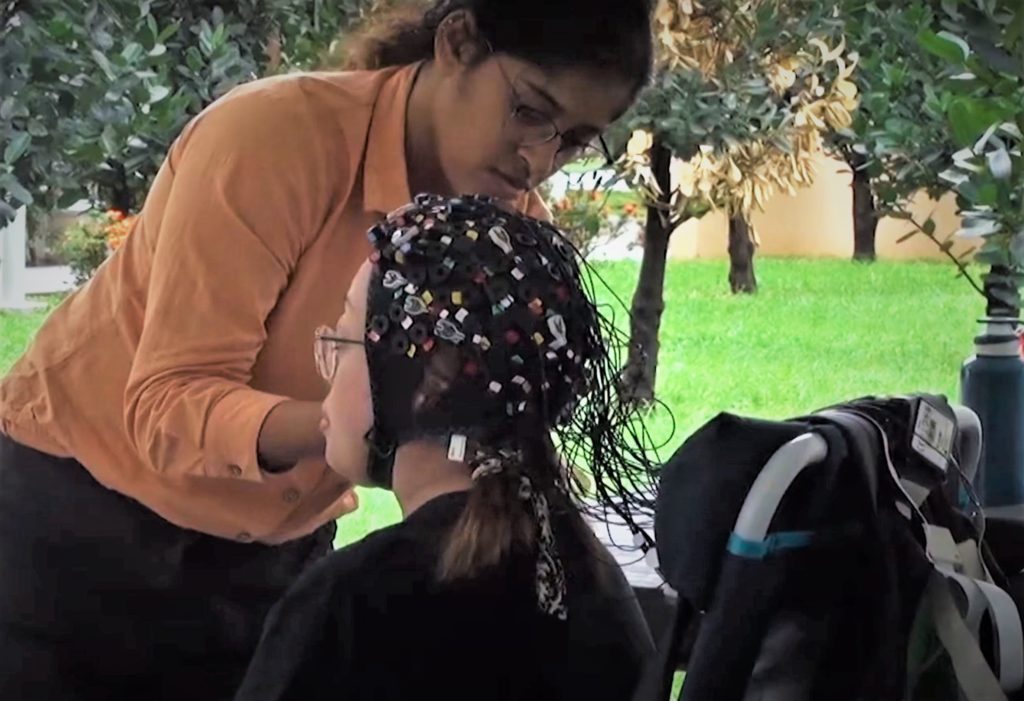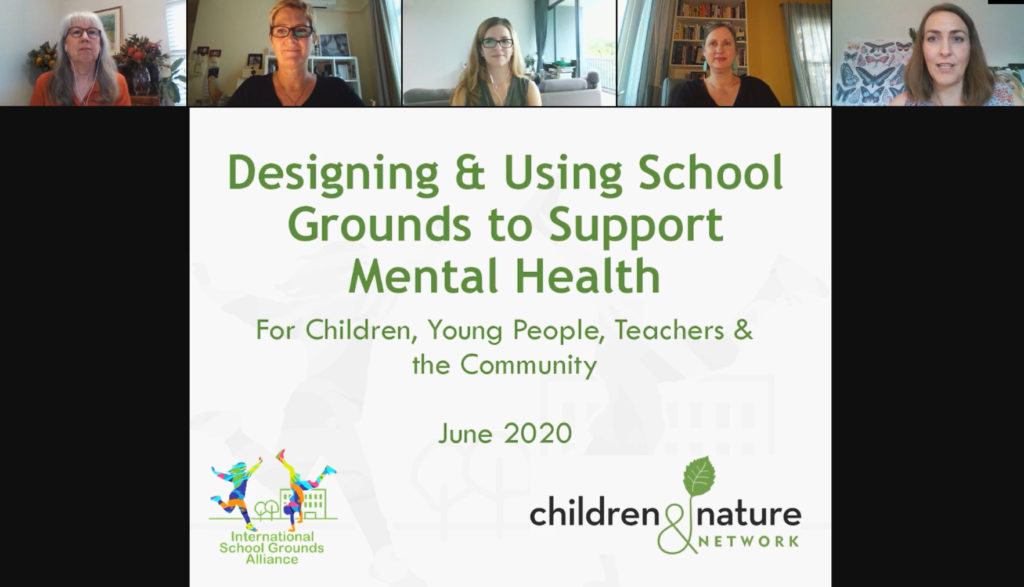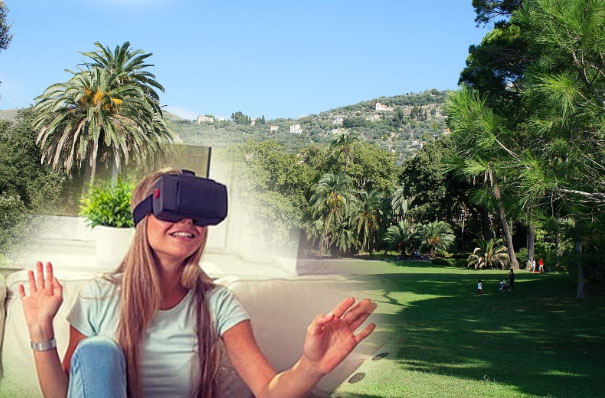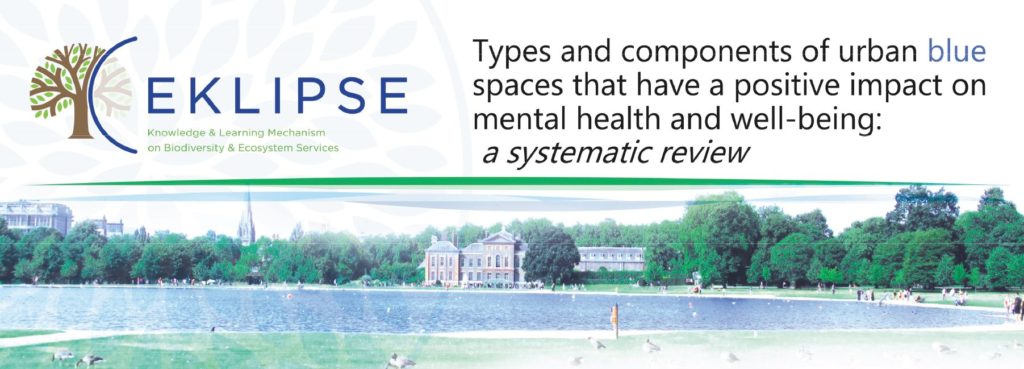Between 19 April and 12 May 2020, we ran an online survey titled “VHE for Well-Being”. Our goal was to better understand people’s psychological needs, especially the relationship between Covid-19 confinement and mental health. We also aimed to test feasibility and demand for Virtual Healthy Environments (VHE) – our solution for health and well-being. To do Read More
Tag: mental health
Landscape & Brain – neuroscience data collection outdoors (VIDEO)
Rigorous neuroscience research would question collecting the neuroscience data outdoors, due to too many confounding factors occurring and researchers not being able to control them all. In the sensory exposure research, each participant has to be exposed to the same set of stimuli, which is very difficult if not impossible in an outdoor setting. For Read More
Designing & Using School Grounds to Support Mental Health (Video Available!)
The video from the webinar is already available on! The webinar organized by the International School Grounds Alliance and the Children &Nature Network on how school grounds can be designed and used to support took place on June 23rd 2020, and featured research and design insights on how to design mentally healthy outdoor spaces for Read More
Take part in our survey and support research and development in the times of pandemic
The current global outbreak of #COVID19 makes the problem of our living space and mental health more relevant than ever. Read more in our recent blog post. This is why we need new solutions and new approaches. Please complete this 5-min, anonymous survey. If possible, share it with your family and friends, with special attention to Read More
Mental Health is also important – something about the connection with nature in the times of confinement
Landscape architects and urban ecology researchers have always been trying to bring people more to the outdoors, make the most of urban parks and gardens, calling the public attention to issues such as nature deficit disorder, mental health consequences from spending our time mostly indoors, looking at phones or monitors… Today, the situation is calling Read More
Blue space and mental health report out for review!
As a contributor to Expert Working Group Biodiversity & Health of the 3rd French Plan on Health and Environment (PNSE3) – Ministry in charge of the Environment (MTES) France, since 2017 we have been working to answer the following question: Which types and components of urban and peri-urban blue/green spaces have a significant impact on human mental Read More
A landscape architect’s experience of Chelsea Flower Show 2018 (PART_4)
These three very special gardens of the Chelseas Flower Show 2018, were featured this year on the NeuroLandscape blog: Feel good garden Morgan Stanley garden Lemon Tree Garden They are a great source of information and inspiration on how to create healthy space through the landscape design, right selection of plants, materials, textures and shapes. Read More
Mental health at the refugees camp @ Chelsea Flower Show 2018 (PART_3)
One of many Chelsea Flower Show Gardens that deserves special attention is The Lemon Tree Garden, which directly referred to the issue of mental health. Inspired by the resilience, originality and determination of refugees living in Domiz camp in Northern Iraq was designed with their involvement and highlights the unexpected beauty and power hidden in the Read More
Neuro-urbanism & Neuro-landscape
A new term has officially been introduced in the scientific world – NEUROURBANISM. It happened together with the publication in Lancet in Psychiatry in March 2017 [link here]. City life has a lot to do with the psychiatric conditions , and this is the path we have been following in NeuroLandscape as well. Our cities Read More
Gardens for Mental Health – Lessons from Chelsea Flower Show 2018 (PART_1)
Design Well, Live Healthy Being around trees, shrubs and other plants improves people’s mental health and give us more positive outlook onto our lives. Spending time outside every day, decreases the risk of being depressed or stressed, and thus burden on our mental health is greatly reduced. The power of plants for our physical and mental wellbeing is Read More










